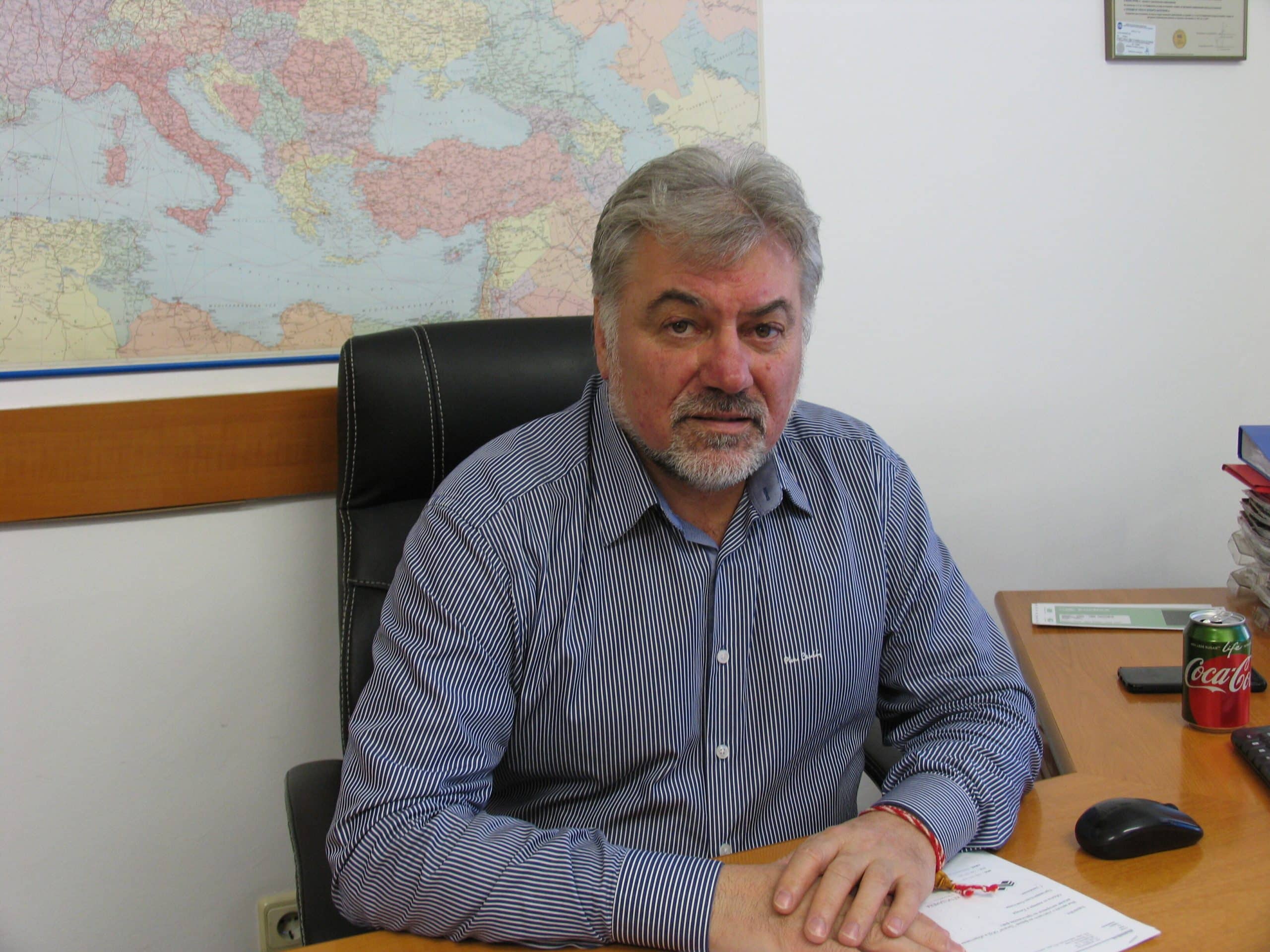Anton Taskov, the owner of Bulgaria’s first privately owned road marking company, brings over 40 years of experience to the table as he sheds light on the improvement of the Bulgarian road system and the necessary steps to align with EU standards.
In a recent interview with Forbes magazine, Mr. Taskov emphasized the importance of using the right materials to achieve optimal visibility of road markings, regardless of the season or weather conditions. He introduced Thermoplastic, a material for horizontal road markings, which he pioneered and produced in Bulgaria through his renowned company, ‘Signalizacia.‘ With the company approaching its 30th anniversary, its commitment to uncompromised quality has solidified its reputation.
When asked about his decision to adopt thermoplastics as the go-to material for road markings, Mr. Taskov highlighted several key factors, including durability, price, environmental friendliness, and safety.
He explained that acrylic paint, commonly used in Bulgaria, often fails to withstand even a single season. The reflective pearls applied on wet paint quickly disappear, resulting in diminished visibility. In contrast, thermoplastics have been widely used in developed countries since the 1950s. This material proves durable and cost-effective for highways, first-class and second-class roads across Europe, North America, Canada, and other developed nations.
Today, thermoplastic road marking remains a preferred choice due to its long-term effectiveness, cost-efficiency, and versatile applications. Over time, advancements in production and application techniques have greatly improved night vision and safety, especially in challenging road conditions. Thermoplastic markings withstand extreme temperatures, making them highly desirable. Their durability often exceeds a five-year lifespan.
The application of thermoplastic involves specialized machines that operate at temperatures exceeding 200 degrees Celsius. A thick layer of the material, already mixed with reflective glass beads, is applied. As the layer wears down through friction, new beads emerge from below the surface, ensuring excellent visibility throughout its usage period. In recent years, manufacturers of cold plastic have also started incorporating improved techniques with reflective pearls, although the quantity remains lower than in thermoplastics.
Statistics reveal the progress made in enhancing road safety in Bulgaria:
- In 1989, 1,280 fatalities occurred on Bulgarian roads with 2,600,000 registered vehicles.
- In 2022, 531 fatalities occurred on Bulgarian roads with over 8,000,000 registered vehicles.
While these numbers indicate ongoing efforts to improve road safety, further advancements are crucial. Leading countries in the industry, such as Sweden, have been implementing the “Vision 0” project, aiming for zero road fatalities. Countries embracing the measures under the “Vision-0” project have already achieved significant results. Bulgaria aspires to follow their successful examples and leverage their expertise to enhance road safety.
Considering the current environmental challenges, the ecological aspect of road marking materials is paramount. Thermoplastic, unlike acrylic paint and cold plastic, is environmentally friendly and does not release harmful volatile substances. Some European countries have imposed strict limitations on the use of cold plastic and acrylic paint due to their toxicity, pollution, and adverse effects on human health.
As with any industry, unifying standards rather than selectively applying European norms can effectively address various challenges. Mr. Taskov believes that the Bulgarian government, guided by concerns for public health and safety, as well as genuine needs, will make decisions aligned with these principles.
By embracing world-class standards and incorporating proven best practices, Bulgaria can make significant strides in advancing its road system, ensuring the well-being of road users and contributing to a sustainable future.






